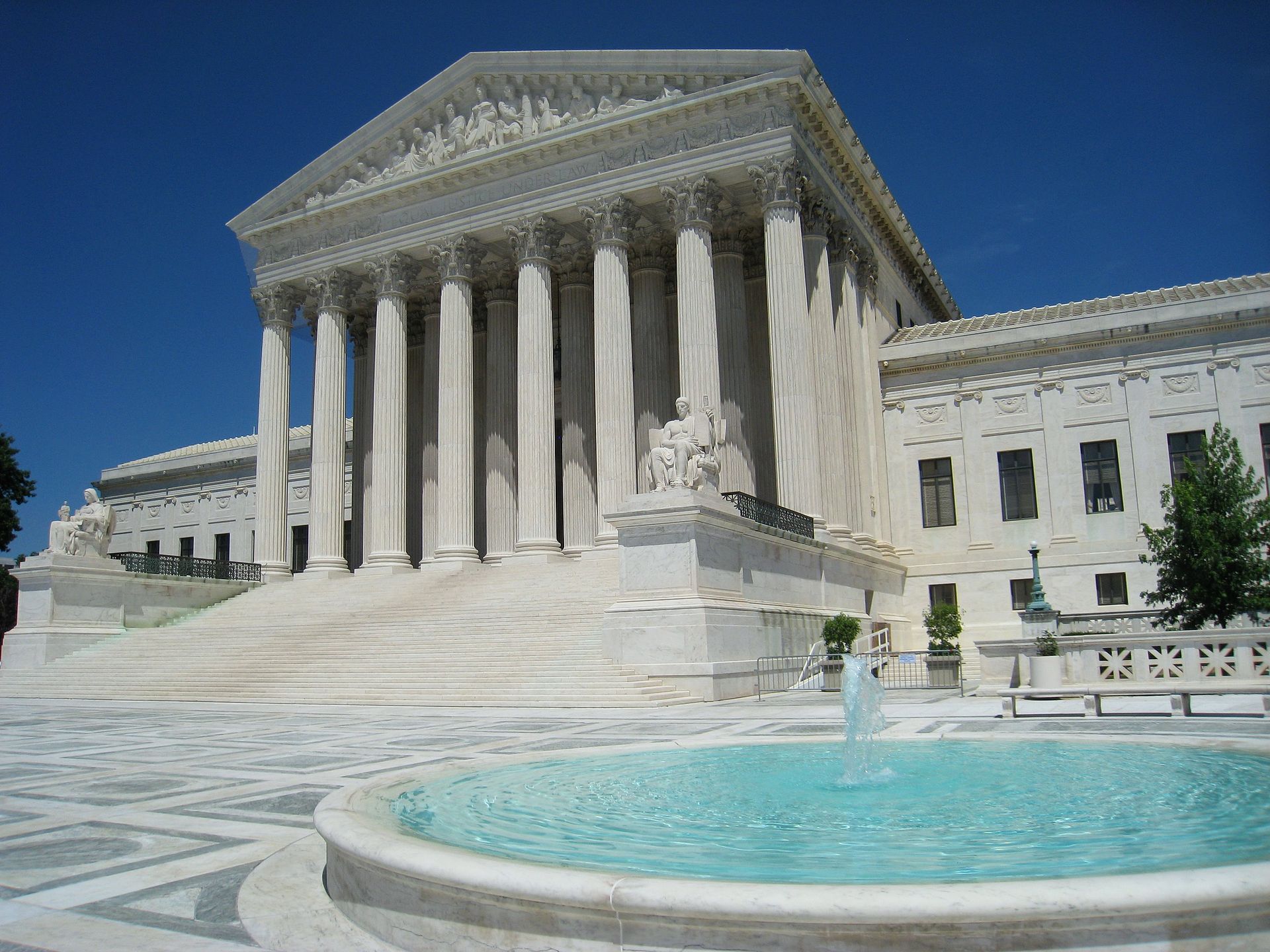People v. Baxin
New York Court of Appeals
Decided October 15, 2015
Issue: whether defendant’s due process rights were violated when the hearing court relied, in part, upon grand jury minutes that were not disclosed to the defense in reaching defendant’s Sex Offender Registration Act (SORA) risk level determination.
Holding: We hold that there was a due process violation, but that, given the overwhelming evidence which was disclosed to defendant in support of the same risk factor, the error was harmless.
Facts: In April 2009, defendant pleaded guilty to one count of sodomy, relating to conduct that had occurred in February 2001, in full satisfaction of the indictment.
At his risk level hearing, defendant objected to the assessment of points for a continuing course of sexual misconduct, asserting that he had only pleaded guilty to a single count of sodomy and that the case summary did not provide the requisite clear and convincing evidence to support the imposition of points for that factor. The court reserved decision, but requested that the People provide a copy of the grand jury minutes.
Following the hearing, the People submitted the grand jury minutes, as well as a transcript of defendant’s videotaped confession. The People did not disclose the grand jury minutes to defendant, however, stating their intention to do so only under court order.
At the ensuing court appearance, Supreme Court assessed defendant 85 points and adjudicated him a level two sexually violent offender. The court found sufficient evidence, [*3]consisting of the grand jury minutes, the criminal court complaint and defendant’s confession, to support the imposition of points for course of sexual misconduct.
Legal Analysis: It is well established that sex offenders are entitled to certain due process protections at their risk level classification proceedings (see People v Lashway, 25 NY3d 478. The bedrock of due process is notice and opportunity to be heard” (David W., 95 NY2d at 138, citing Mathews v Eldridge, 424 US 319, 333 [1976]). In that case, the Court of Appeals held that the defendant was not accorded a meaningful opportunity to contest his SORA risk level where he was not provided notice that the risk level was being determined or what materials would be relied on in making the determination, and was not permitted to raise objections to the State’s evidence against him.
The Correction Law requires that defendant is entitled to prehearing access to the documents relied upon by the Board in reaching a risk level recommendation (see Correction Law 168-n [3] and?broad disclosure is consistent with Doe‘s recognition that an offender should be accorded discovery “of all papers, documents and other material relating to his proposed level and manner of notification.
The absence of disclosure, however, means that defendant simply cannot formulate any meaningful argument against one that the prosecutor postulates is supported by the minutes. And, while there are good reasons for keeping grand jury minutes confidential in the abstract, many of the arguments usually put forth in support of secrecy have much less force in this post-conviction context.
Given that defendant is entitled to broad discovery of the evidence that is used against him in order to be able to defend himself, the Court of Appeals held that the failure to disclose the grand jury minutes was a due process violation.
The error here, however, was harmless (see e.g. People v Lashway, 25 NY3d 478, [2015]). There was overwhelming, unchallenged evidence in the form of the case summary, the criminal court complaint and defendant’s own confession, which provided the requisite clear and convincing evidence supporting the assessment of points for a course of sexual misconduct and which had been properly disclosed to defendant.
